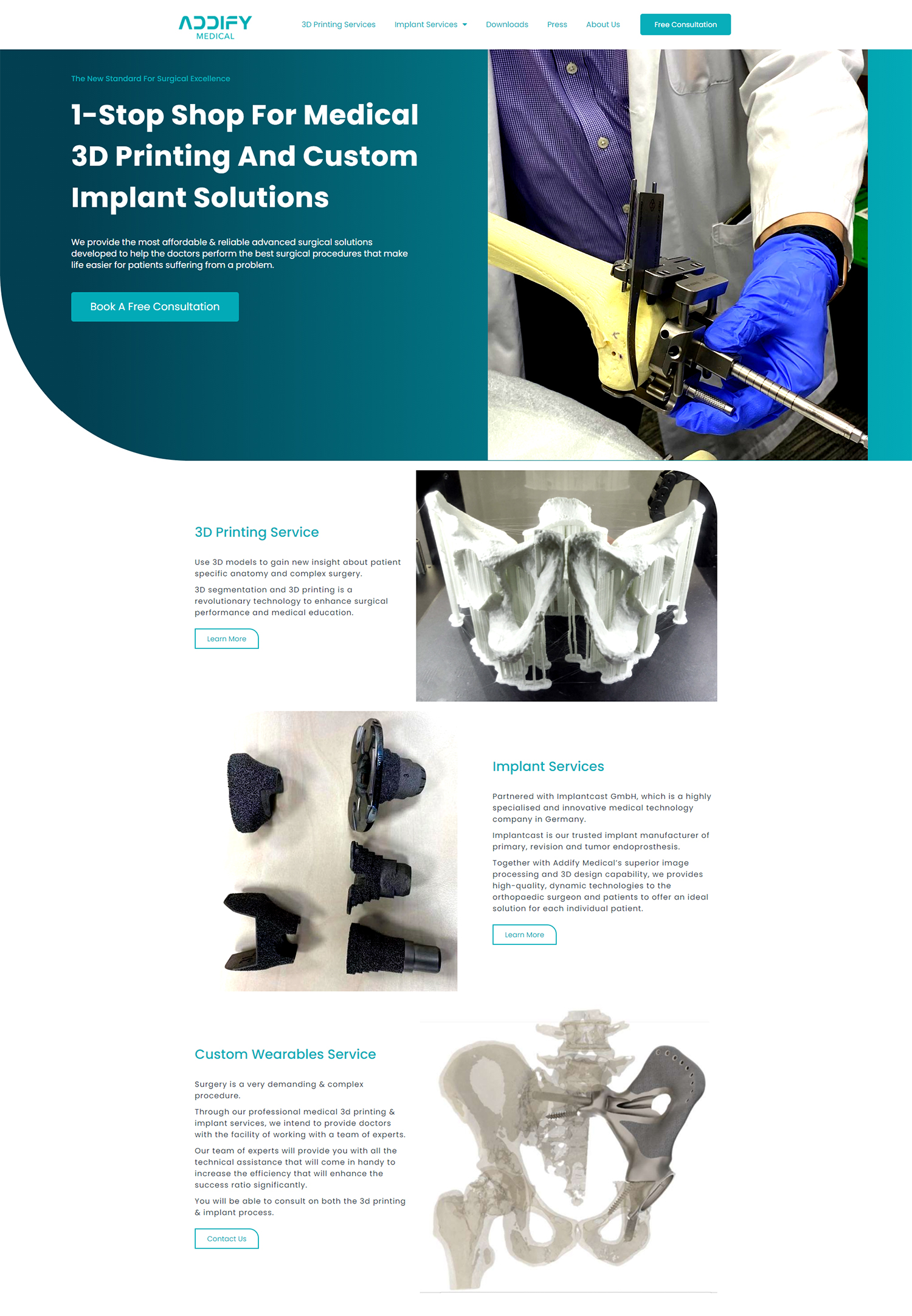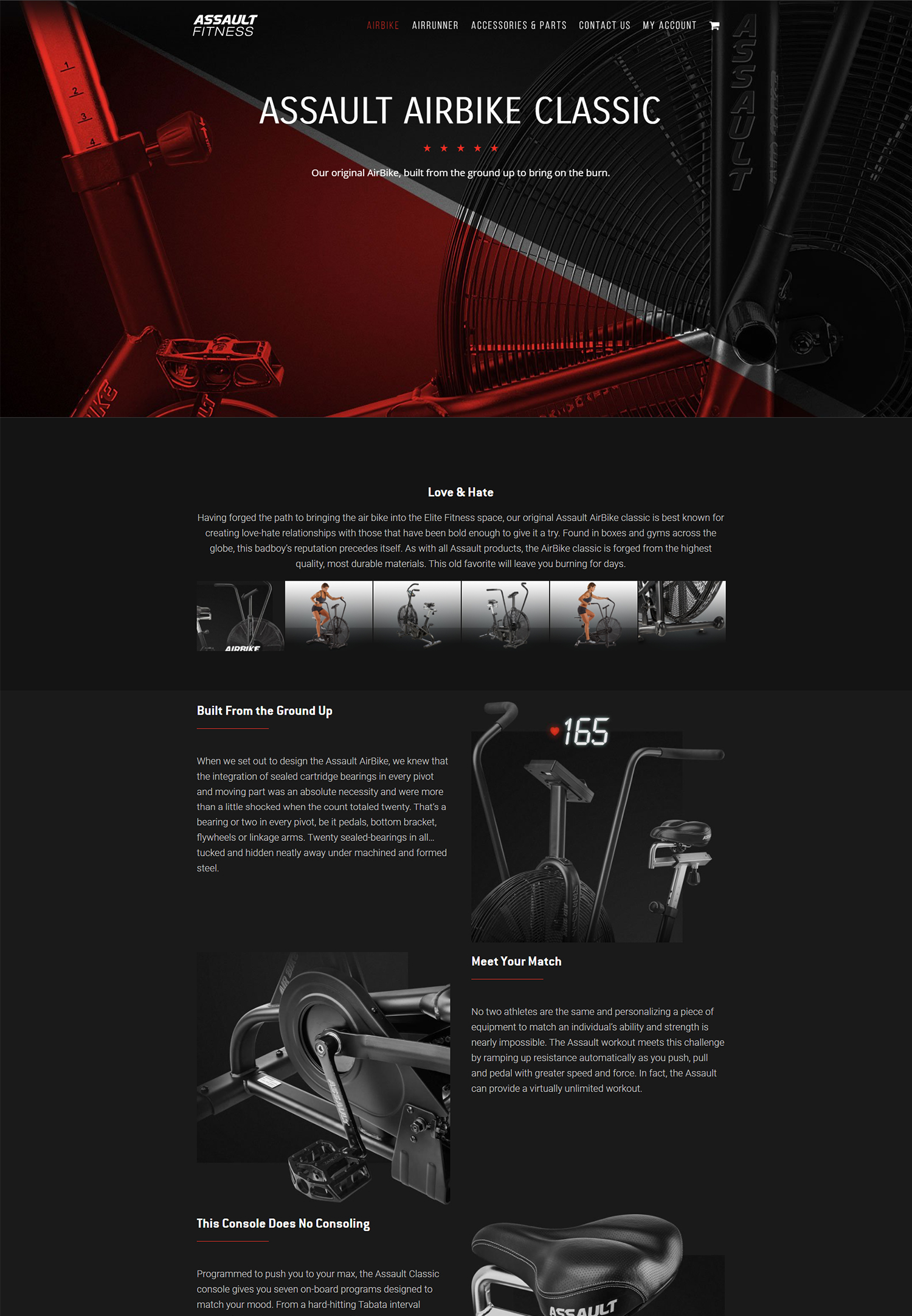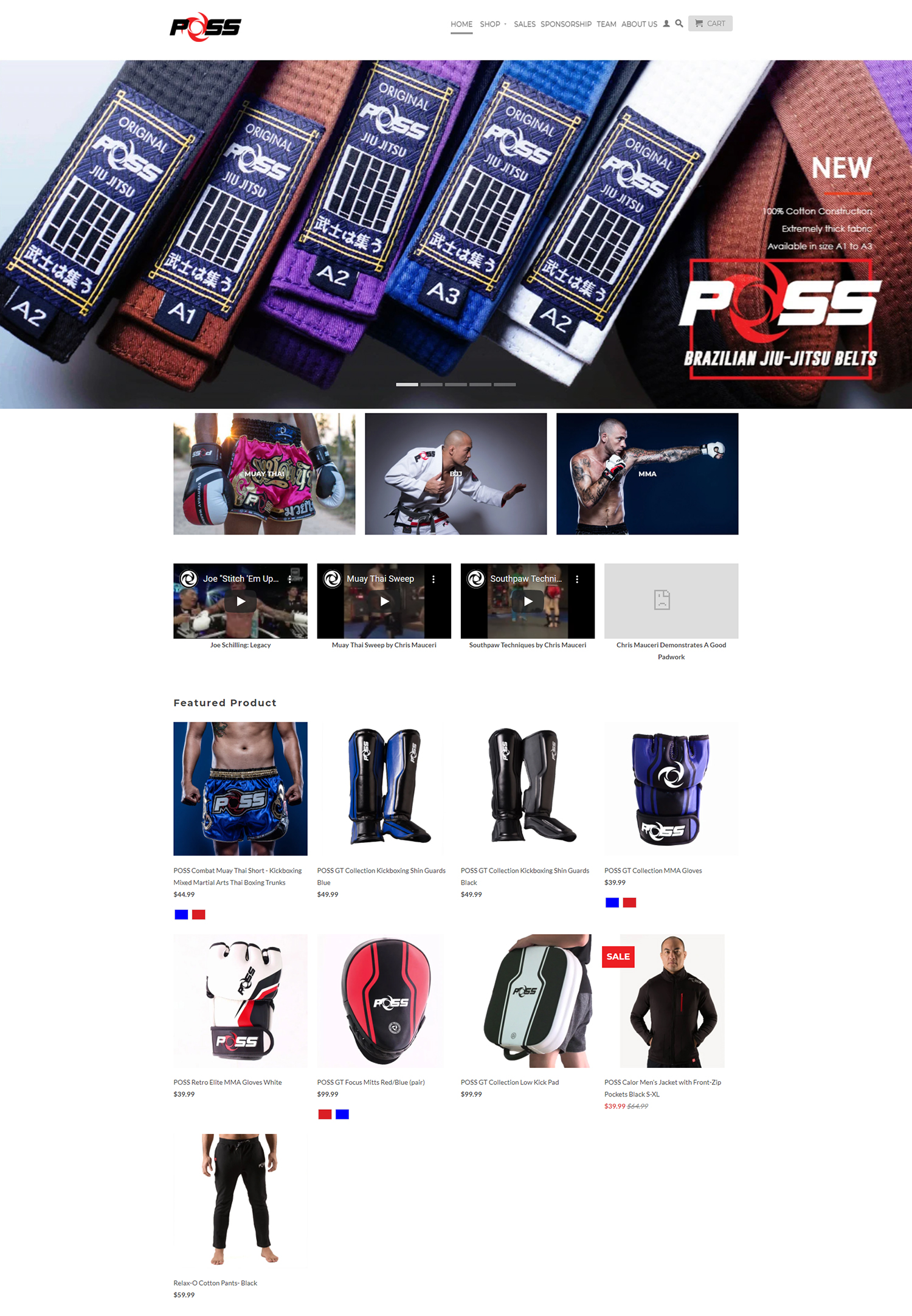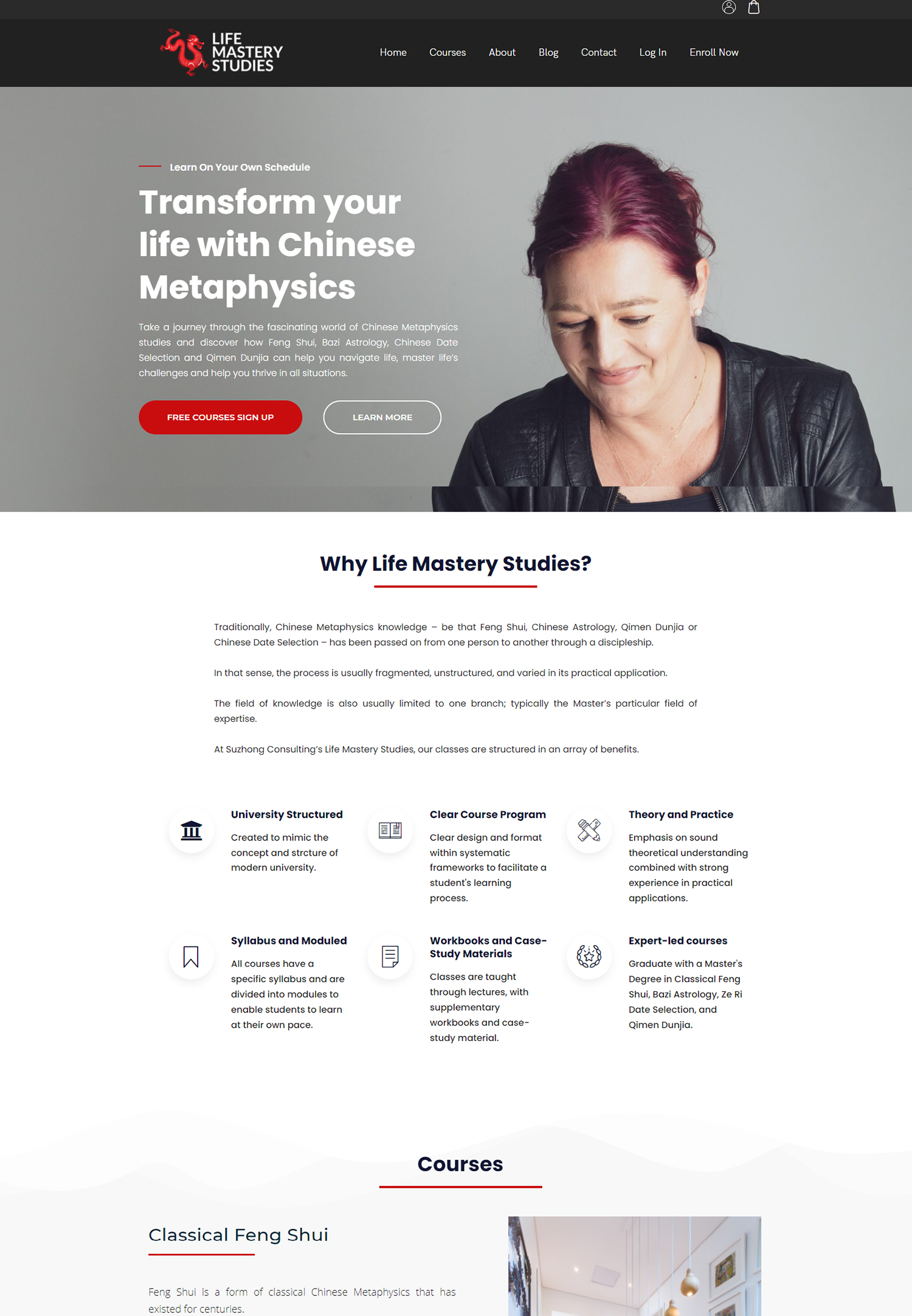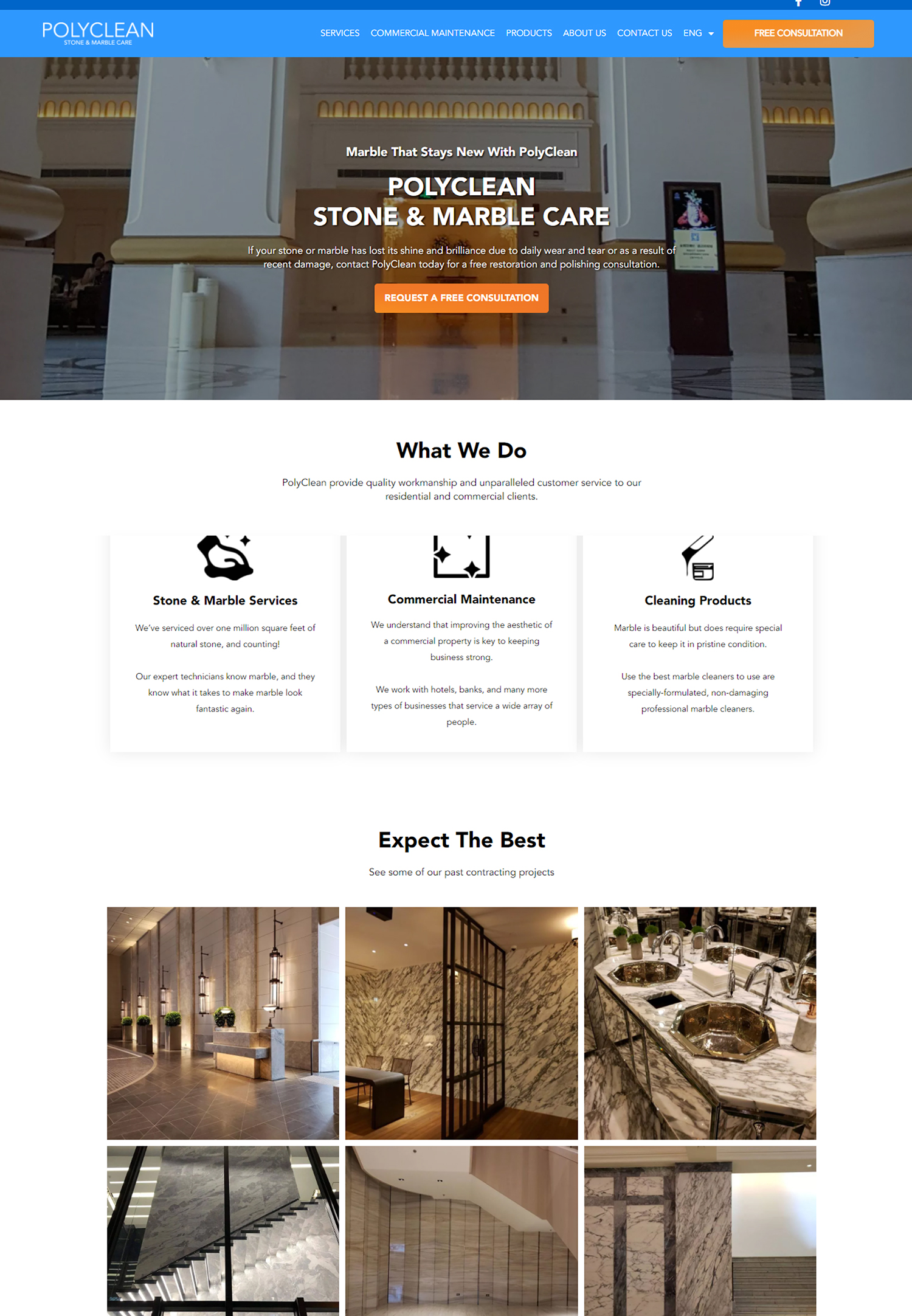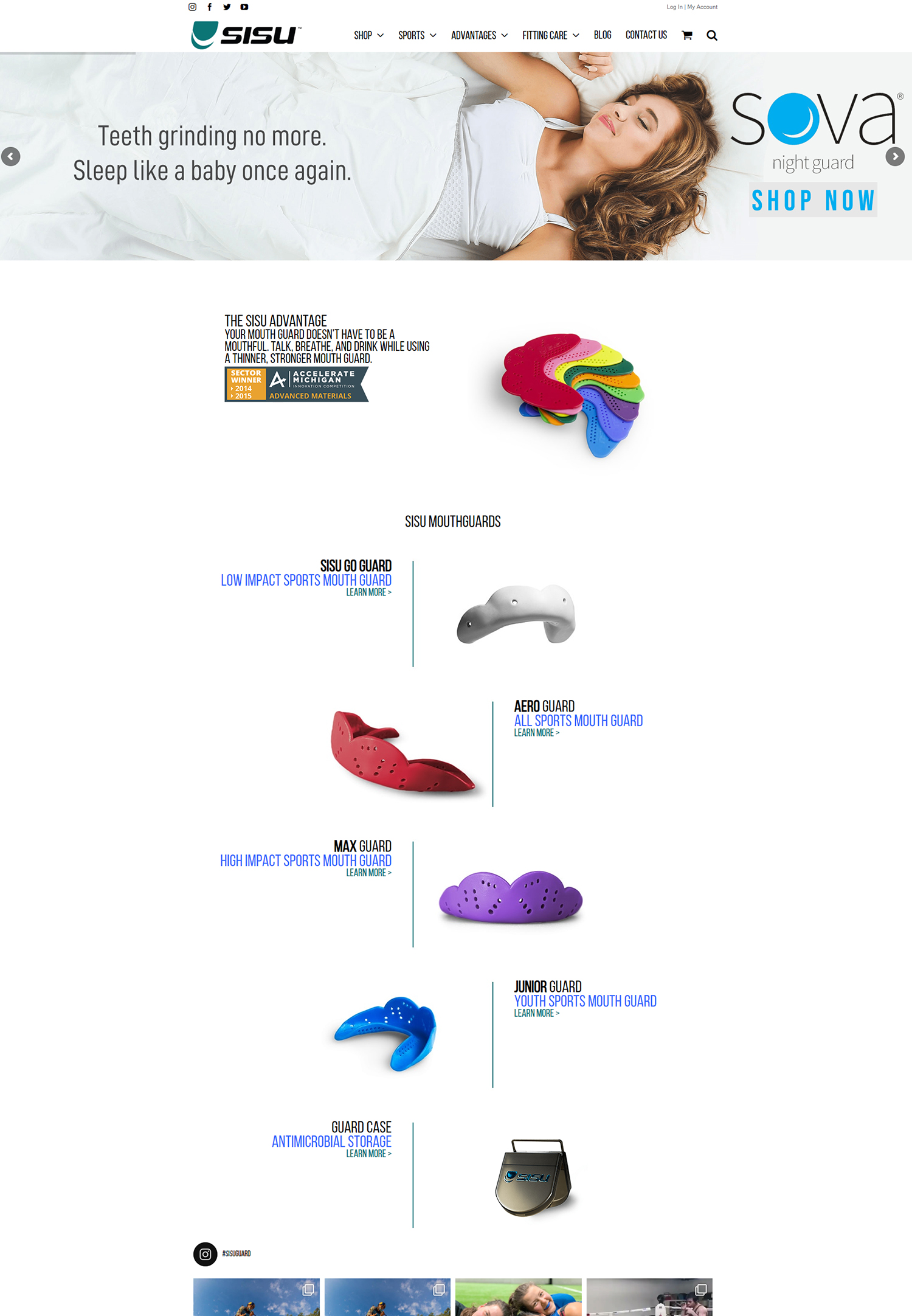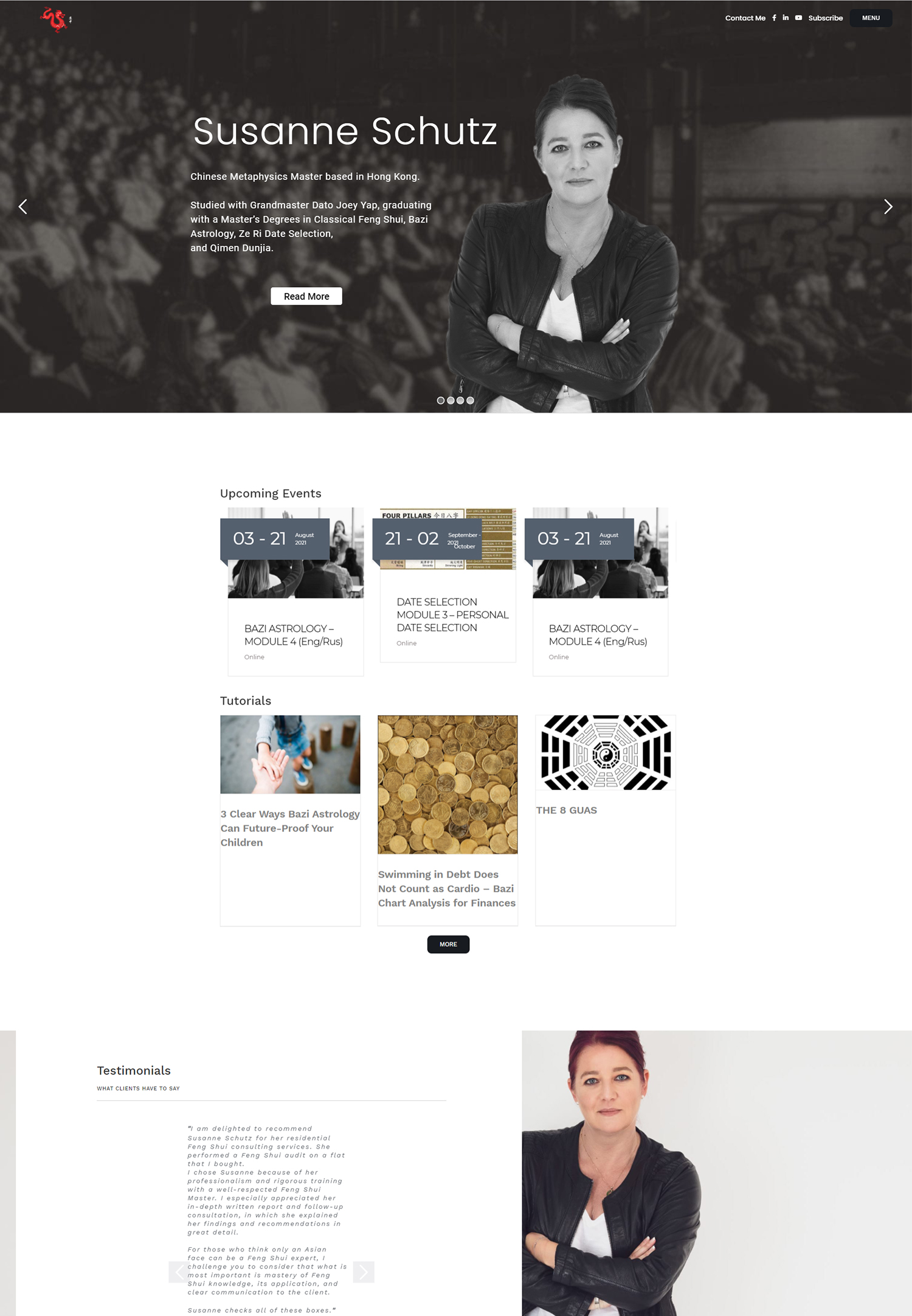Pay-per-click (PPC) advertising has emerged as a powerful tool for businesses, including law firms, seeking to enhance their online visibility and attract potential clients. At its core, PPC is a model of internet marketing where advertisers pay a fee each time one of their ads is clicked. This approach allows us to gain immediate traffic to our websites, unlike traditional SEO methods that can take time to yield results.
By utilizing platforms such as Google Ads or Bing Ads, we can strategically place our ads in front of users actively searching for legal services, ensuring that our marketing efforts are both targeted and efficient. The beauty of PPC lies in its flexibility and measurable nature. We can set specific budgets, choose the duration of our campaigns, and even adjust our bids based on performance metrics.
This level of control enables us to allocate resources effectively and maximize our return on investment (ROI). Additionally, PPC advertising provides valuable insights into consumer behavior through analytics, allowing us to refine our strategies over time. As we delve deeper into the world of PPC, it becomes clear that understanding its fundamentals is crucial for any law firm looking to thrive in a competitive digital landscape.
Key Takeaways
- PPC advertising is a form of online advertising where advertisers pay a fee each time their ad is clicked.
- Choosing the right keywords for your law firm is crucial for reaching your target audience and driving relevant traffic to your website.
- Crafting compelling ad copy that is clear, concise, and relevant to your target audience can significantly improve your PPC campaign’s performance.
- Utilizing targeted landing pages that are tailored to specific ad groups can help improve the user experience and increase conversion rates.
- Analyzing and optimizing your PPC campaigns regularly is essential for maximizing your return on investment and achieving your advertising goals.
- Leveraging retargeting strategies can help increase conversions by targeting users who have previously visited your website or interacted with your ads.
Choosing the Right Keywords for Your Law Firm
Selecting the right keywords is a pivotal step in our PPC advertising journey. Keywords are the terms and phrases that potential clients use when searching for legal services online. By identifying and targeting the most relevant keywords, we can ensure that our ads reach the right audience.
To begin this process, we should conduct thorough keyword research using tools like Google Keyword Planner or SEMrush. These tools help us uncover high-volume search terms related to our practice areas, enabling us to create a list of keywords that align with our firm’s expertise. Moreover, we must consider the intent behind the keywords we choose.
For instance, keywords like “personal injury lawyer near me” indicate a user who is ready to engage with a legal professional, while broader terms like “lawyers” may attract a less targeted audience. By focusing on long-tail keywords—phrases that are more specific and typically longer—we can capture users who are further along in their decision-making process. This strategic approach not only enhances our chances of conversion but also helps us optimize our ad spend by targeting users who are more likely to require our services.
Crafting Compelling Ad Copy
Once we have identified our target keywords, the next step is to craft compelling ad copy that resonates with potential clients. Our ad copy serves as the first impression users have of our law firm, making it essential to convey professionalism and trustworthiness while also highlighting our unique selling points. We should aim to create headlines that grab attention and encourage clicks, incorporating relevant keywords naturally to improve ad relevance.
For example, instead of a generic headline like “Experienced Lawyers,” we could use “Top-Rated Personal Injury Lawyers Ready to Help You.” In addition to attention-grabbing headlines, we must ensure that our ad descriptions provide clear and concise information about our services. We should focus on addressing the pain points of potential clients and offering solutions. Including a strong call-to-action (CTA) is also crucial; phrases like “Get Your Free Consultation Today” or “Contact Us for Immediate Assistance” can motivate users to take the next step.
By combining persuasive language with a clear value proposition, we can create ad copy that not only attracts clicks but also converts leads into clients.
Utilizing Targeted Landing Pages
| Metrics | Results |
|---|---|
| Conversion Rate | 12% |
| Click-Through Rate | 25% |
| Engagement Time | 2 minutes |
| Bounce Rate | 40% |
After crafting compelling ad copy, we must direct users to targeted landing pages that align with their search intent. A landing page is a standalone web page designed specifically for a marketing campaign, and it plays a critical role in converting visitors into leads. When users click on our ads, they should be taken to a page that provides relevant information about the specific service they are interested in.
For instance, if someone clicks on an ad for “divorce lawyers,” they should be directed to a landing page that outlines our expertise in family law and offers resources related to divorce proceedings. To enhance user experience and increase conversion rates, we should ensure that our landing pages are visually appealing and easy to navigate. This includes using clear headings, bullet points for easy reading, and prominent contact forms or buttons.
Additionally, incorporating testimonials or case studies can build trust and credibility with potential clients. By creating targeted landing pages that align with our PPC campaigns, we can significantly improve our chances of converting clicks into meaningful client relationships.
Analyzing and Optimizing Your PPC Campaigns
Once our PPC campaigns are up and running, continuous analysis and optimization become essential for success. We should regularly monitor key performance indicators (KPIs) such as click-through rates (CTR), conversion rates, and cost per acquisition (CPA). By analyzing these metrics, we can identify which ads and keywords are performing well and which may need adjustments.
For instance, if we notice that certain keywords are generating clicks but not conversions, it may indicate a mismatch between user intent and our landing page content. Optimization is an ongoing process that involves making data-driven decisions to enhance campaign performance. We can experiment with different ad variations, adjust bidding strategies, or refine our keyword lists based on performance data.
A/B testing is particularly valuable in this regard; by comparing two versions of an ad or landing page, we can determine which elements resonate better with our audience. Through diligent analysis and optimization efforts, we can ensure that our PPC campaigns remain effective and continue to deliver results over time.
Leveraging Retargeting Strategies for Increased Conversions
Retargeting is a powerful strategy that allows us to reconnect with users who have previously interacted with our website but did not convert into clients. By placing tracking pixels on our site, we can create custom audiences for retargeting campaigns across various platforms such as Google Display Network or social media channels. This approach enables us to serve tailored ads to users who have shown interest in our services, reminding them of their initial engagement and encouraging them to return.
Implementing retargeting strategies can significantly increase conversion rates by keeping our law firm top-of-mind for potential clients. We can create specific ads that address common objections or concerns users may have had during their initial visit. For example, if someone visited our personal injury page but did not fill out a contact form, we could retarget them with an ad highlighting successful case outcomes or offering a free consultation.
By leveraging retargeting effectively, we can nurture leads through the decision-making process and ultimately drive more conversions for our law firm. In conclusion, navigating the world of PPC advertising requires a strategic approach that encompasses understanding its fundamentals, selecting the right keywords, crafting compelling ad copy, utilizing targeted landing pages, analyzing campaign performance, and leveraging retargeting strategies. By implementing these best practices, we can position our law firm for success in an increasingly competitive digital landscape.
As we continue to refine our PPC efforts, we will not only enhance our online visibility but also build meaningful connections with potential clients seeking legal assistance.
If you are a lawyer looking to improve your PPC advertising strategy, you may want to consider booking a call with Populis Digital. In a related article on their website, they discuss the importance of having a website strategy in place to maximize the effectiveness of your PPC campaigns. By booking a website strategy call with Populis Digital, you can ensure that your website is optimized to convert visitors into clients. Additionally, they offer insights on how to increase conversions and sales through your website, as discussed in their article on adding items to the cart but not making sales. To learn more about how Populis Digital can help you with your PPC advertising efforts, visit here.
FAQs
What is PPC advertising for lawyers?
PPC (pay-per-click) advertising for lawyers is a form of online advertising where law firms create ads and bid on specific keywords related to their legal services. They only pay when their ad is clicked on by a potential client.
How does PPC advertising work for lawyers?
Lawyers create ads that are displayed on search engine results pages when users search for specific keywords related to legal services. They bid on these keywords and pay a fee each time their ad is clicked on.
What are the benefits of PPC advertising for lawyers?
PPC advertising allows lawyers to target specific keywords and geographic locations, reaching potential clients who are actively searching for legal services. It also provides measurable results and the ability to track the return on investment.
What are some best practices for PPC advertising for lawyers?
Some best practices for PPC advertising for lawyers include conducting keyword research, creating compelling ad copy, targeting specific geographic locations, and continuously monitoring and optimizing campaigns for better performance.
What are some common mistakes to avoid in PPC advertising for lawyers?
Common mistakes to avoid in PPC advertising for lawyers include not conducting thorough keyword research, using generic ad copy, not targeting specific geographic locations, and not monitoring and optimizing campaigns regularly.
How can lawyers measure the success of their PPC advertising campaigns?
Lawyers can measure the success of their PPC advertising campaigns by tracking metrics such as click-through rate, conversion rate, cost per click, and return on investment. They can also use tools like Google Analytics to gain insights into user behavior.







